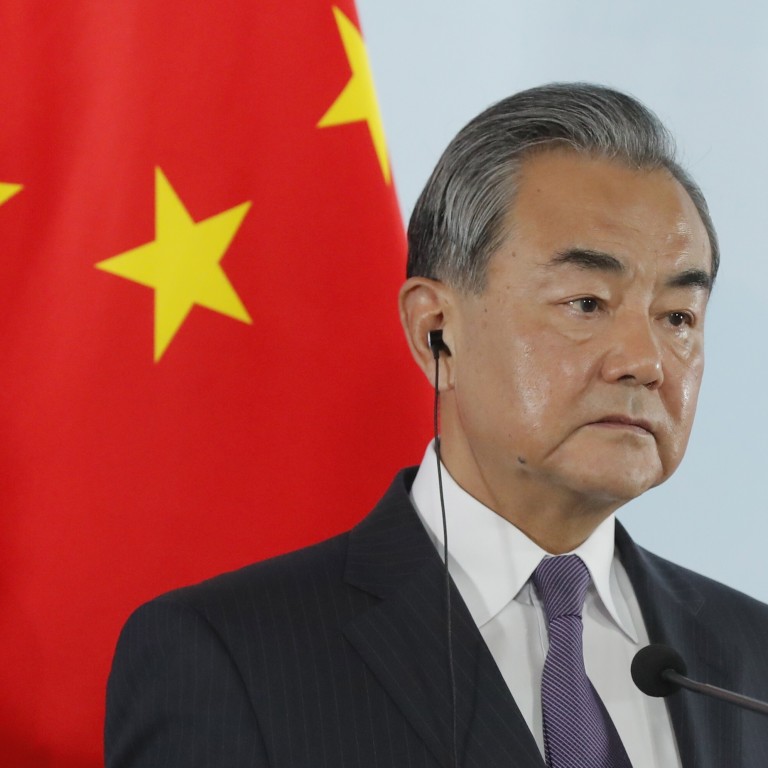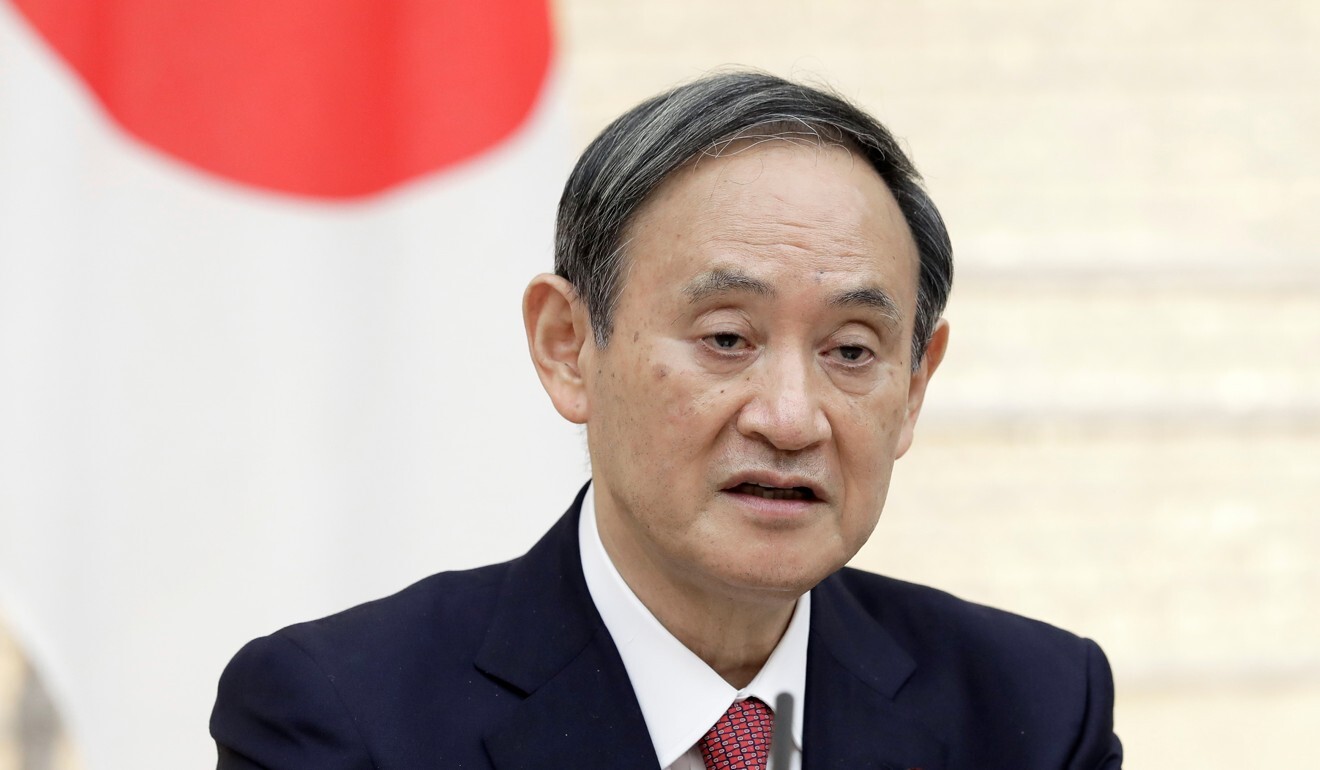
Chinese foreign minister likely to push free-trade deal when he visits Japan, South Korea
- Wang Yi expected to meet Japanese prime minister and foreign minister in Tokyo next week, followed by his South Korean counterpart in Seoul
- He may try to seize the momentum to speed up negotiations on a trilateral agreement, analyst says
Pushing forward a trilateral free-trade agreement between Beijing, Tokyo and Seoul is likely to be a priority for Chinese Foreign Minister Wang Yi when he visits Japan and South Korea next week, according to analysts.
He will travel to Seoul on Thursday and meet his South Korean counterpart Kang Kyung-wha to “discuss issues of mutual concern, including … the fight against Covid-19, the situation on the Korean peninsula and other regional and international issues”, Yonhap reported, citing a statement from the South Korean foreign ministry.
No further details were given of the Tokyo talks – the first high-level face-to-face meetings between the two nations since Suga took office in September after Shinzo Abe stepped down due to ill health.
China and Japan had been driving RCEP negotiations in recent years and the deal is expected to further cement their leadership roles in regional trade. It is the first free-trade agreement to include China, Japan and South Korea – key players in the global supply chain that contribute around 24 per cent of the entire world economy.

Zhou Yongsheng, an international relations professor with the China Foreign Affairs University, said Beijing may try to seize the momentum to speed up negotiations for a free-trade pact between the three neighbours that has made little concrete progress since talks began eight years ago.
“Economic cooperation between China, Japan and South Korea is likely to be high on the agenda given that the RCEP has just been signed and the new Japanese prime minister just took office – and the US is now in the middle of a presidential transition,” Zhou said.
Why the RCEP trade deal could strengthen China’s hand in Asia
That view was confirmed in remarks by Chinese commerce ministry spokesman Gao Feng on Thursday. Gao said the RCEP had created “good conditions” for the trilateral free-trade deal and that Beijing was willing to work closely with Tokyo and Seoul via videoconference to “achieve concrete progress as soon as possible and further improve market access and regulation”.
But Zhou said negotiations between the three Asian nations remained challenging because the deal would require higher tariff cuts and lower market barriers than the RCEP. “Otherwise it will be meaningless if it’s at the same level,” he said.
It is still unclear whether the annual trilateral summit between China, Japan and South Korea will go ahead this year amid a feud between Tokyo and Seoul over compensation for wartime labour. Diplomatic sources in Japan told Kyodo News in October that Suga was unlikely to attend the talks in Seoul.

03:29
RCEP: 15 Asia-Pacific countries sign world’s largest free-trade deal
US urges Japan and South Korea to speak out against China despite trading relationship
Zhou said Beijing and Tokyo needed to manage the relationship in “a more mutual and stable way”.
He added that Wang may also take the opportunity in Tokyo to express Beijing’s concerns over the Quadrilateral Security Dialogue, an informal and implicitly anti-China alliance between Japan, the US, Australia and India.

